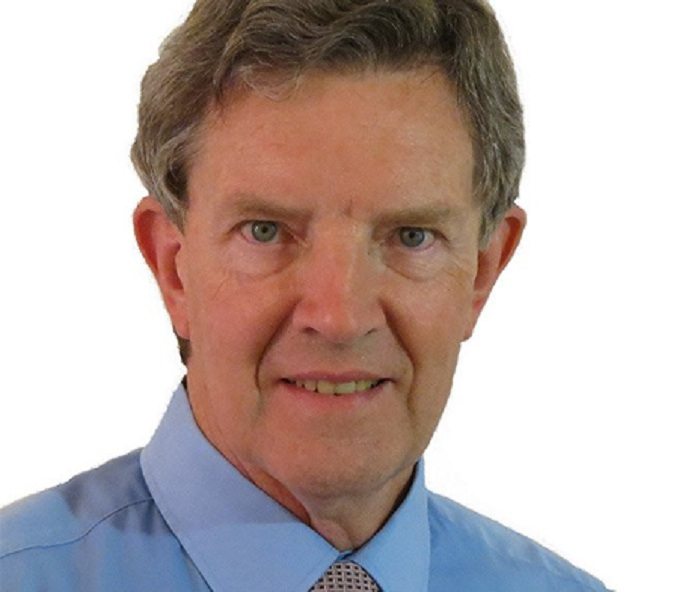Dr Kelvin Kemm,
If one decides to build a new hospital, one would expect that medical doctors and nurses would have a major say in how the hospital should be laid out. Architects would be involved.
But local church groups, the baker and the butcher should not be involved. Representatives of the church could make comment if they felt that the proposed hospital would be too close to the church, but they would not be consulted on the number of operating theatres or how the air conditioning and gas supplies should be laid out.
This seems so obvious that people will wonder why I even mention it.
But let us now consider electricity supply to the country. If you want a reliable, stable and inexpensive electricity supply, then consult people like scientists and engineers in the electricity field. Do not go and ask the church and the baker.
It amazes me that, when we talk about nuclear power, newspapers go to great lengths to ask the opinion of people like church leaders and others, who have no training whatsoever in nuclear power – not even training in any electricity-related discipline.
These people cannot even tell the difference between a kilowatt and a kilowatt hour. There is a huge difference between the two. If someone could not tell the difference between a kidney and the liver, would you ask that person to advise on the layout of an operating theatre in a hospital?
Let me, yet again, explain: South Africa is a very large country. Virtually all South Africa’s electricity comes from coal, which is all clustered in the far north-east of the country. Half of the electricity of the Western Cape comes from the coalfields.
That distance is the same as the distance from Rome to London. Imagine supplying electricity to London from Rome. That would not be wise, but we South Africans do it. The other half of the electricity supply for the Western Cape comes from nuclear power.
Nuclear power is plain and simply the correct way to go. One must put aside the opinions of the church groups, Greenpeace, Earthlife Africa and others. I sat with a bishop of one of the church groups and patiently explained. He did not understand electricity or kilowatts or kilowatt hours or anything. I explained everything as best I could.
Sadly, a few days later, he made statements to the press and completely ignored what I had explained. He could only have intentionally ignored me, which just shows that he had no intention of being honest. Pity.
Solar and wind are not working anywhere in the world, no matter what you read in popular magazines. Germany and Denmark have the highest percentage of wind power in Europe, but they also have the highest electricity prices.
Why are these points never mentioned in the popular media? Why is it never mentioned that, after ten years of measurement in Germany, the load factor for wind was 16.7%. In other words, the wind energy actually delivered was only 16.7% of the theoretical maximum.
What is more, it was delivered randomly. In the case of nuclear power, the load factor is 90% and it is delivered 24 hours a day, nonstop. France has the highest nuclear electricity percentage in Europe and the lowest electricity prices. So, why do people keep believing the stories that nuclear is so expensive. Real operating experience shows the opposite.
You cannot overcome the intermittent nature of the wind and the fact that the sun shines only during daytime. Stories that one hears from Europe about ‘smart switching’ are highly misleading.
The idea is that, with fancy computer control, you can keep switching wind and solar on and off so fast and so accurately that you can produce stable electricity supply. But you are not told of all the problems in Germany with smart switching. People are not reminded that Germany is smaller than the Karoo. They are also not reminded that Germany imports nuclear power from France every time that the country is a bit short. South Africa has nobody to import from.
It is time that important issues like electricity supply are handled by people who actually understand electricity, and not by church groups and self-appointed moralists.
Dr Kelvin Kemm is a nuclear physicist and is the CEO of Nuclear Africa (Pty) Ltd.
Kemm is the chairperson of the South African Nuclear Energy Corporation. He sits on the Board of Advisers of the Committee for a Constructive tomorrow, based in Washington DC.
He is also a Board Member of GoNuclear Inc, and EFN: USA both based in Colorado, USA.
